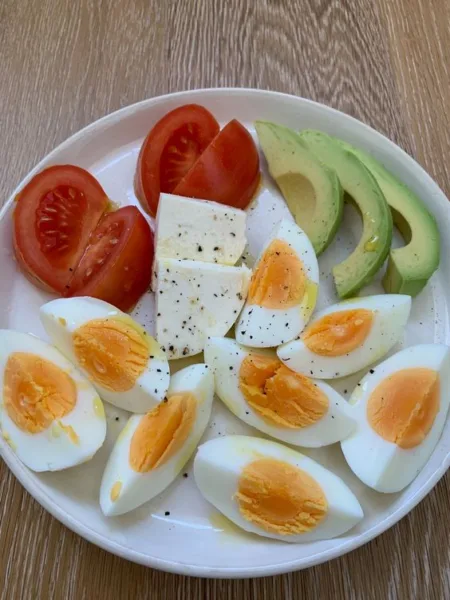Women’s Month has come just in time to reflect on the new prefix in town, girl. We’ve seen girl-dinner, girl-math, what’s girl-next?
All jokes aside, we have seen a surge in its usage across a range of media – from reels to podcasts- but what is it? The initial and most common example is girl-dinner which refers to meals which are generally more snack-like and are (in)famous for their ease such as a makeshift charcuterie board or plain pasta with a drink. The trend which became widespread was eventually criticised for promoting disordered eating habits.

Girl-math came about later and is built on the idea of rejecting mathematical and logical reasoning for personal joys; notably in wit spending such as ‘Buying tickets in advance for events makes the event free the day of’ or ‘If someone pays you back for something, you’ve actually earned money.’
The original positive takeaways from girl dinner was built on the idea that women do not have to entertain the traditionally expected relationship that they have with cooking and food. Where it might be expected for a woman to make a full meal, girl dinner says no: If I want to have a random combination of different snacks to fulfil my needs then I can do that.

Similarly in a world that forces us to stress so much about money, girl-math can be seen as an opportunity to look at things through a more light-hearted perspective. You’re probably going to buy the tickets in advance anyways and somebody probably owes you money; so instead of looking at things through objective and probably off putting perspective, girl math is an opportunity to embrace the purchases we make.

However, these ideas received criticism for being infantilizing, even just considering the fact that it’s a girl dinner and not a woman dinner. Many people feel that it is reductive and is taking us back in a direction which many aren’t happy with. Some feel that girl dinner would even go as far to promote disorderly eating as the proportions are normally much smaller than one would eat in an average meal. While girl math receives a lot of criticism for being regressive as the idea implies that women aren’t competent, particularly in the realms of maths and finance. This then perpetuates stereotypes and is perceived as harmful, even if it’s just an online trend
We’ve just explored the perspectives of people who feel that it is harmful; however, some people feel that this prefix offers a unique perspective on how we can alternatively view this as women reclaiming their femininity. We can think about this along the lines that there has been traditional femininity which has been largely shaped by the desires of men.
This is a rejection of that, saying that femininity to women is a very different thing. That what it means to be a woman looks nothing like what you’re told it should, and we should embrace that.

The beautiful thing about this is that even though you can’t necessarily uniformly encapsulate what the prefix ‘girl’ actually means when manifested, women all across the world still resonate with the concept. We can choose what we want it to be to us, we can choose to see it as our promise to take up space in a way that feels most authentic.
So in fact, go ahead, and ask your friends what they think a girl-desk looks like or a girl-wall, and then compare your list. It might be more common than you’d expect. Reflect on how you feel; do you think that this as a concept is harmful to women empowerment, beneficial or do you think it’s not impactful at all?




